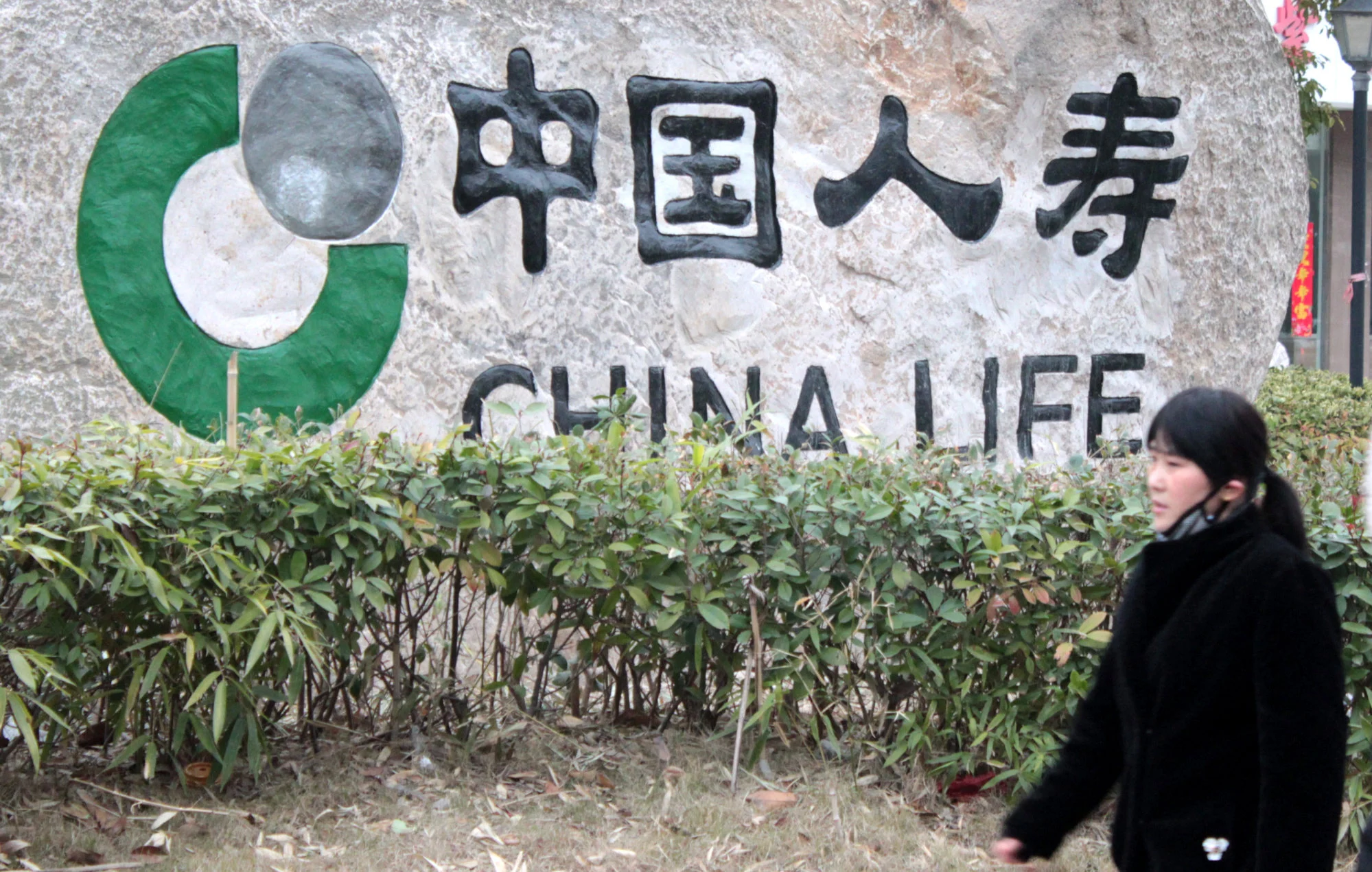(CTN News) – In an effort to shore up the faltering stock market, two China insurance companies backed by the state intend to pool 50 billion yuan (about $7 billion) into a private fund. The fund will invest in shares denominated in yuan.
In a statement made public to the Shanghai exchange on Wednesday night, New China Life Insurance announced that a joint venture named the Honghu Private Securities Investment Fund would oversee the investment of 25 billion yuan from China Life Insurance and New China Life Insurance.
The company’s board of directors has given its support, and the plan will now go to the shareholders’ meeting for final approval.
According to New Chinese Life’s statement, the plan’s objectives are to enhance the efficiency of capital use, optimize the structure of assets and liabilities, and increase the company’s longer-term investment assets that align with its strategy.
The document was vague regarding the fund’s investing objectives.
No comment regarding the proposed fund came from China Life.
Onshore listed Chinese companies with strong corporate governance and consistent business operations would make up the bulk of the fund’s investments, as reported by Huatai Securities. Citing unnamed New Chinese Life officials, the local media site Cailian Press verified this.
“Policies have called for the private fund to concentrate on the stock market,” Liu Xinqi of Shanghai’s Guotai Junan Securities said. “This occurs while authorities are pressuring banks to serve as industry pillars and steer long-term insurance investments into the market.”
The two state-backed insurance companies’ action further indicates that the $9.7 trillion Chinese stock market is receiving assistance.
Despite a slew of policy initiatives meant to stimulate the market, such as a reduction in stamp duty and the purchase of banks stocks and exchange-traded funds by the state, investors remain pessimistic.
With a 2% fall in November, the benchmark CSI 300 Index is on track for a fourth consecutive monthly decline.
It is the second-worst performing equity benchmark in the world, following the Hang Seng Index, and has fallen by around 10% this year. This has occurred as a result of foreign investors pulling out of the country because to rising interest rates in the United States and a slowdown in the economic recovery that followed the country’s reopening after three years of COVID-19.
On Thursday, the statistics agency published an official report of purchasing managers showing that manufacturing shrank for the second straight month in November.
On Thursday in Shanghai, shares of Chinaese Life increased 0.3% to 30.07 yuan, and those of New Chinaese Life increased 0.9% to 31.34 yuan.
The finance ministry controls China Life, while Central China Huijin Investment, a unit of China’s national wealth fund, owns 31% of New China Life.
Insurers’ profits will be less affected by market volatility thanks to the new fund, says Guotai Junan, because investments are recorded long-term under accounting norms, which do not show up in the income statements right away.
Both New China Life and China Life blamed market volatility for their poor performance in the third quarter, which resulted in losses of 440 million yuan and a 99 percent drop in net income compared to the previous year, respectively.




